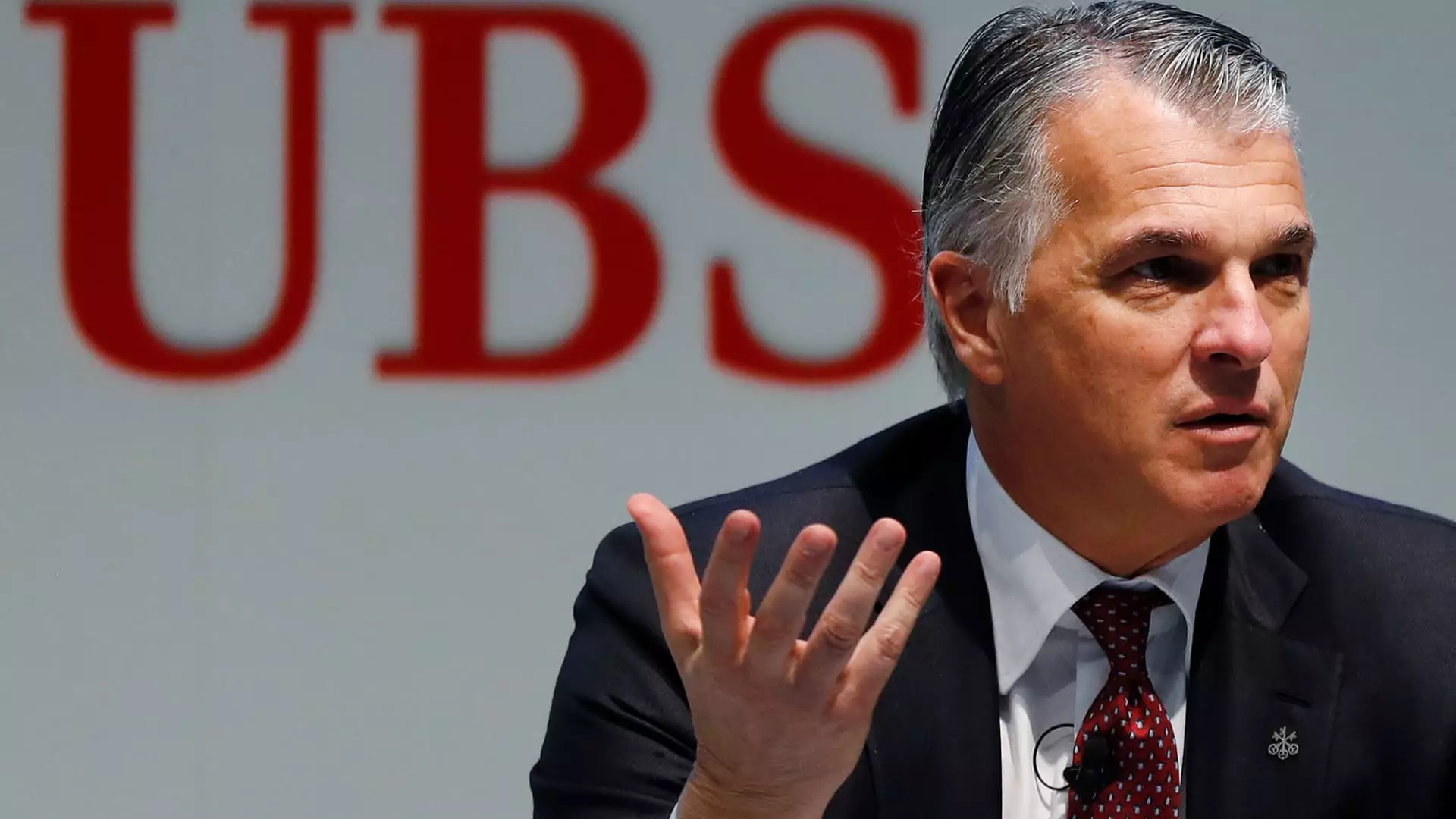UBS CEO Sergio Ermotti recently addressed the issue of market volatility, predicting that it could potentially intensify in the second half of the year. While some investors have expressed concerns about a possible recession in the United States, Ermotti remains optimistic, stating that a slowdown is more likely than a full-blown recession. The recent sell-offs in global equities following weak economic data from the U.S. have raised questions about the Federal Reserve’s monetary policy stance. With the central bank holding interest rates steady at a high level, the possibility of rate cuts in the near future remains uncertain.
According to Ermotti, the current macroeconomic indicators do not necessarily point towards an impending recession. He believes that the Federal Reserve has the capacity to step in and provide support to the economy if needed. However, the transmission of any monetary policy decisions into the economy may take time, impacting the overall economic outlook. UBS expects that the Federal Reserve will cut rates by at least 50 basis points this year, but traders are split on the exact magnitude of the cut at the next meeting in September.
Ermotti highlighted several factors that could contribute to higher market volatility in the coming months. The upcoming U.S. presidential election in November is seen as a key event that could impact market stability. Additionally, the overall geopolitical and macroeconomic landscape, coupled with recent volatility in the markets, indicate a certain level of fragility within the system. Ermotti warned that investors should anticipate a higher degree of volatility going forward.
One of the uncertainties facing the global economy is the potential need for more aggressive rate cuts by central banks to address an economic slowdown. In Switzerland, where UBS is headquartered, the central bank has already implemented two rate cuts this year. Similarly, the European Central Bank and the Bank of England have each announced a rate cut. With events such as the U.S. presidential election on the horizon, the shift towards a more normal regime of volatility is expected.
In the context of UBS, the prospect of increased market volatility may not necessarily be a negative development. Bruno Verstraete, founder of Lakefield Wealth Management, noted that higher volatility could lead to greater trading income for the bank. While the current market environment presents challenges, it also offers opportunities for financial institutions to capitalize on fluctuations in the market.
Overall, the outlook for market volatility remains uncertain, with various factors contributing to the potential for increased instability in the coming months. As economic conditions evolve and central banks respond to changing circumstances, investors and financial institutions will need to adapt to a more dynamic and unpredictable market environment.

